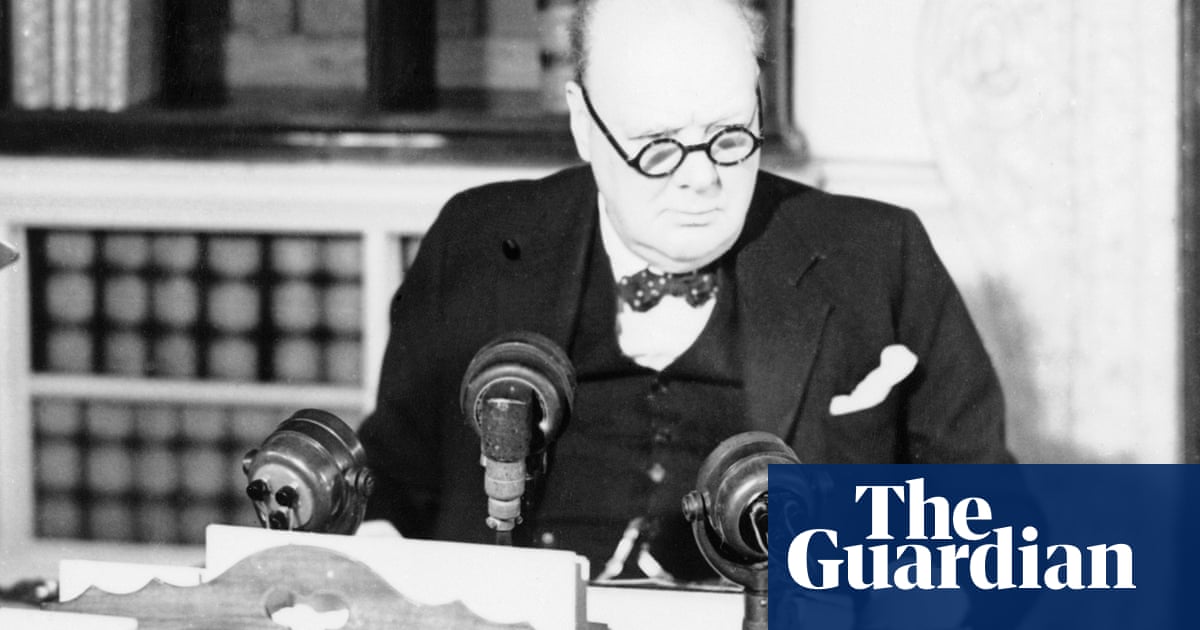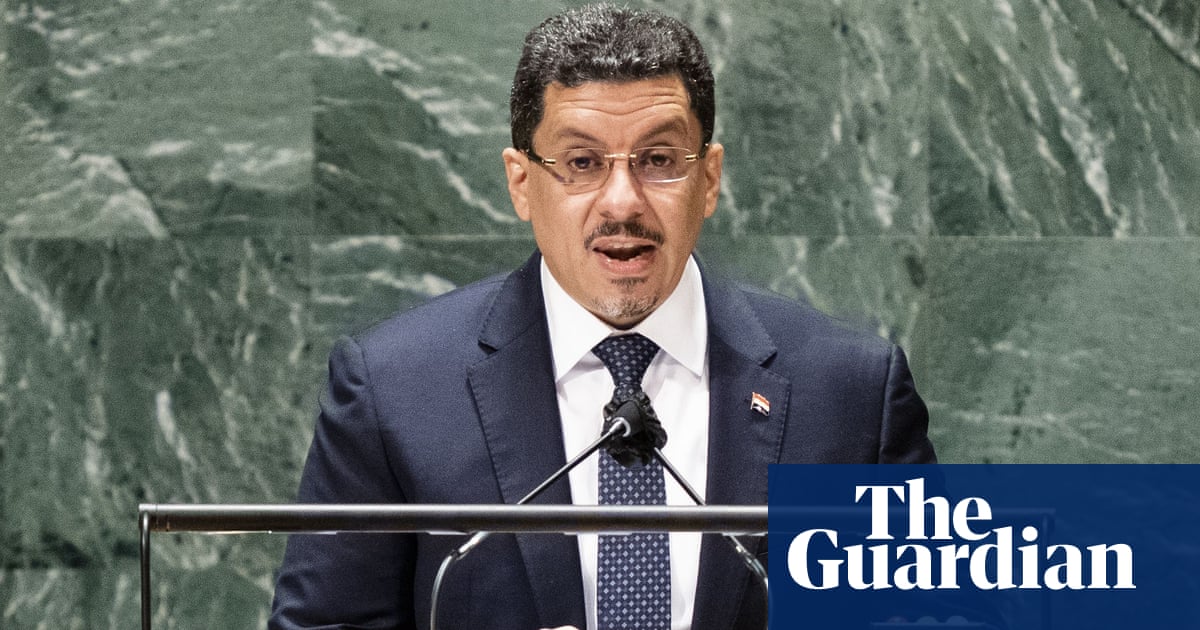Last month, Georgian president Mikheil Kavelashvili approved a new law inflicting criminal charges, including prison sentences and fines, on any organisation or individual who fails to comply with the country’s “foreign influence” bill.
The news didn’t trouble the front pages of the international press and went largely unnoticed, but it marks a significant inflection point in the decline of global press freedom.
The original bill, first adopted in May 2024, mandated all independent media and NGOs receiving over 20% of their funding from abroad to register as “acting in the interest of a foreign power”. The previous month, Kyrgyzstan had adopted an almost identical piece of legislation. In August, it was Venezuela’s turn. Turkey tabled a draft bill in October, before Paraguay signed its into action in November.
Over the span of just seven months, countries in eastern Europe, central Asia and South America were awash with these laws, all with the same basic premise – organisations and individuals receiving foreign funding must make themselves known to the government.
On the face of it, this seems like a justifiable measure to protect national security. Foreign interference is a very real threat for many countries, especially during election cycles. Just this year, a host of foreign actors waged mass disinformation campaigns on Germany’s elections, spreading false accusations that candidates for the far-right Alternative für Deutschland (AfD) were victims of election fraud.
But the devil is in the detail. And – as is so often the case with these laws – there very deliberately isn’t any.
Their power lies in vague, broad wording. Wording that can, and has been, easily weaponised to inflict legal penalties and crippling stigma to such an extent that it renders the work of anyone implicated effectively impossible. Especially journalists.
Take the archetypal example: Russia’s “foreign agent” law. Initially adopted in the aftermath of protests against Vladimir Putin’s return as Russian president in 2012, the law stipulates a “foreign agent” to be any individual or organisation that receives foreign funding and engages in “political activities”. Yet, the definition of political activities is so vague as to encompass absolutely anything that could influence public opinion, from hosting an educational event to simply printing opinion polls.
Once labelled as such, a journalist or newsroom would have to register with the justice ministry, submit regular reports on their activities, finances and interactions, facing fines and prison sentences if they so much as miss a deadline.
Their assets can be frozen, bank accounts closed and the donations or grants that once kept them afloat cut off. They are even barred from entering educational facilities such as schools, universities or kindergartens.
And then there’s the social stigma. This is baked into the very label itself – “foreign agent”. It is purposely couched in the rhetoric of espionage, designed to evoke memories for those old enough to remember the fate of citizens branded as such during Soviet-era purges: arrests, executions and gulags.
For many, the strain is too much to bear. At least 93 independent media outlets are known to have been forced into exile from Russia. In Belarus, which adopted its even harsher version of this law in 2023, the majority have left.
But even in exile they cannot escape the label. By law, they are required to include a disclaimer on all published materials, stating “this is the product of an organisation designated as a foreign agent”. Even so much as a personal Facebook post. This often deters audiences back home from reading their reporting, afraid of attracting increased state surveillance through association. The tag is such a visceral part of many Russian and Belarusian exiled journalists’ identity that some now print it on T-shirts or even tattoo it on their bodies.
The impact on future generations of budding journalists from these countries is also devastating, limiting their aspirations and ability to develop skills in an industry that is vilified, leaving a void in which there is no counter to state propaganda.
It would be naive to think this is a problem solely reserved for autocratic states, however. As disinformation campaigns and electoral interference become more prevalent, many democracies are also considering this type of legislation – Italy and the UK, to name two.

They have every right to do so. But it is vital that the finer details are fleshed out. As we have seen over recent years, a country that is democratic now can quickly backslide into authoritarianism. When this happens, autocratic leaders will take advantage of these loosely defined, albeit well-intentioned, laws to stamp out dissent.
There is some evidence to suggest that strategic domestic and international pressure campaigns – especially if tied to the continuance of foreign direct investment into those countries – may be effective in pushing back against foreign agent-style laws. Turkey’s draft 2024 bill, for example, has been subsequently withdrawn for the time being thanks to a coordinated effort from legal associations, human rights advocacy groups and media freedom organisations.
But in many countries the damage is already done. More than anything now, these journalists and newsrooms, whether in exile or staying home to fight on, need legal representation and guidance.
Since 2022, the Thomson Reuters Foundation has been supporting exiled independent newsrooms to set up their operations in new jurisdictions and to build their legal resilience to withstand these “lawfare” attacks.
For many, Georgia seemed like a natural place for them to initially reset. Russian nationals, for example, could travel freely to the country and the land border crossing made it practical to move quickly. Yet, this year, we have been devastated to find some of the first newsrooms we helped set up in exile there are being forced to flee once more.
Journalists are quite literally being chased across borders by foreign agent-style laws, hounded and harassed from one country to the next. These are profoundly worrying times, but we are scaling up our work. We can and will respond.
-
Antonio Zappulla is chief executive of the Thomson Reuters Foundation

 14 hours ago
11
14 hours ago
11













































